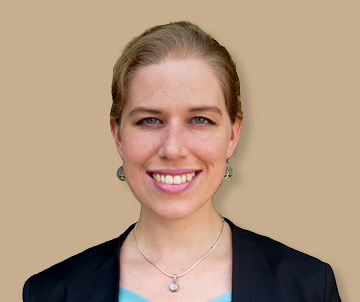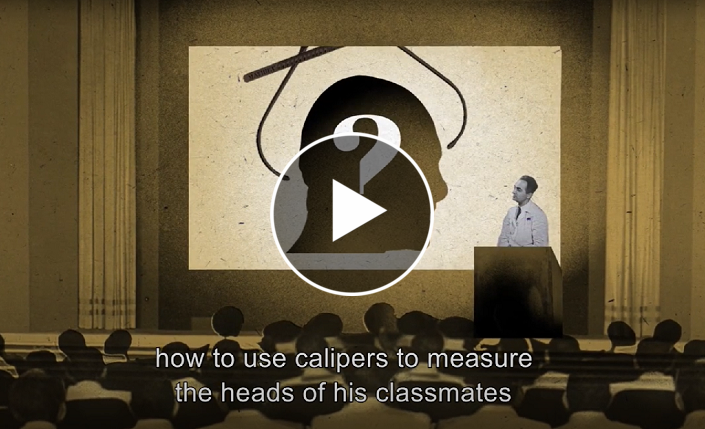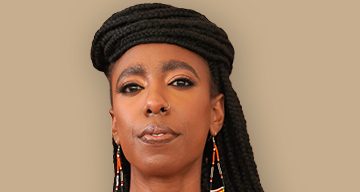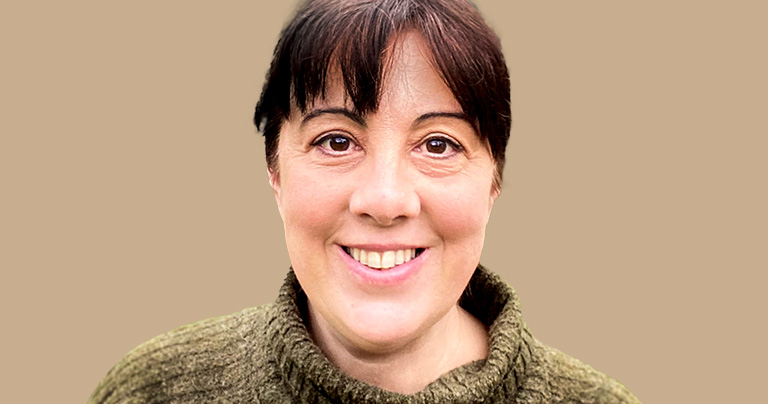Elise K. Burton
Assistant Professor, University of Toronto

Elise K. Burton
Assistant Professor, University of Toronto
Dr. Elise K. Burton is a historian of science in the modern Middle East, focusing on the history of genetics, physical anthropology, evolutionary biology and biomedicine. She is an assistant professor at the Institute of History and Philosophy of Science and Technology at the University of Toronto.
Burton developed a new approach to studying the historical relationships between genetics, race and nationalism by analyzing multiple networks of scientific collaboration that crossed nation-state borders and published data in many languages. Her work focuses on the world of professional scientists during the 20th century, particularly practitioners of biology, medicine, anthropology and archaeology. She examines the relationship between these disciplines and the formation of racial, ethnic and national identities, looking to decipher how these political and social identities, in turn, shape the dynamics of transnational scientific collaboration.

Burton views the Middle East region as a starting point to narrate new global histories of science. She is currently working on two new projects: a history of trans-Asian scientific collaborations focusing on networks between Japan, India, Iran, and Turkey; and a history of ancient DNA sequencing technologies, focusing on the role of Egypt, its scientists, and its mummies.
In a broader sense, Burton’s work can be viewed as an attempt to recount the history of human genetics with the Middle East at its “center, rather than an exotic periphery of science,” as Burton describes it. Her work not only highlights the work of under-studied scientists in Iran, Turkey and the Arab world, but also adopts a new perspective in its view of many well-known European and American geneticists who came to research peoples of this region.
Burton’s book, Genetic Crossroads: The Middle East and the Science of Human Heredity (Stanford University Press, 2021), presents a new history of human genetics by showing how the Middle East region played a key role in the development of this scientific discipline, while at the same time nationalist movements in the Middle East were being shaped by concepts of heredity and racial ancestry.
The book received the 2021 Nikki Keddie Book Award from the Middle East Studies Association.
Burton formerly held a Junior Research Fellowship position at the University of Cambridge (Newnham College). She earned a BA from the University of California, Berkeley, in two subjects, biology and Middle Eastern studies, and completed her PhD in history and Middle Eastern studies in 2017 at Harvard University.


